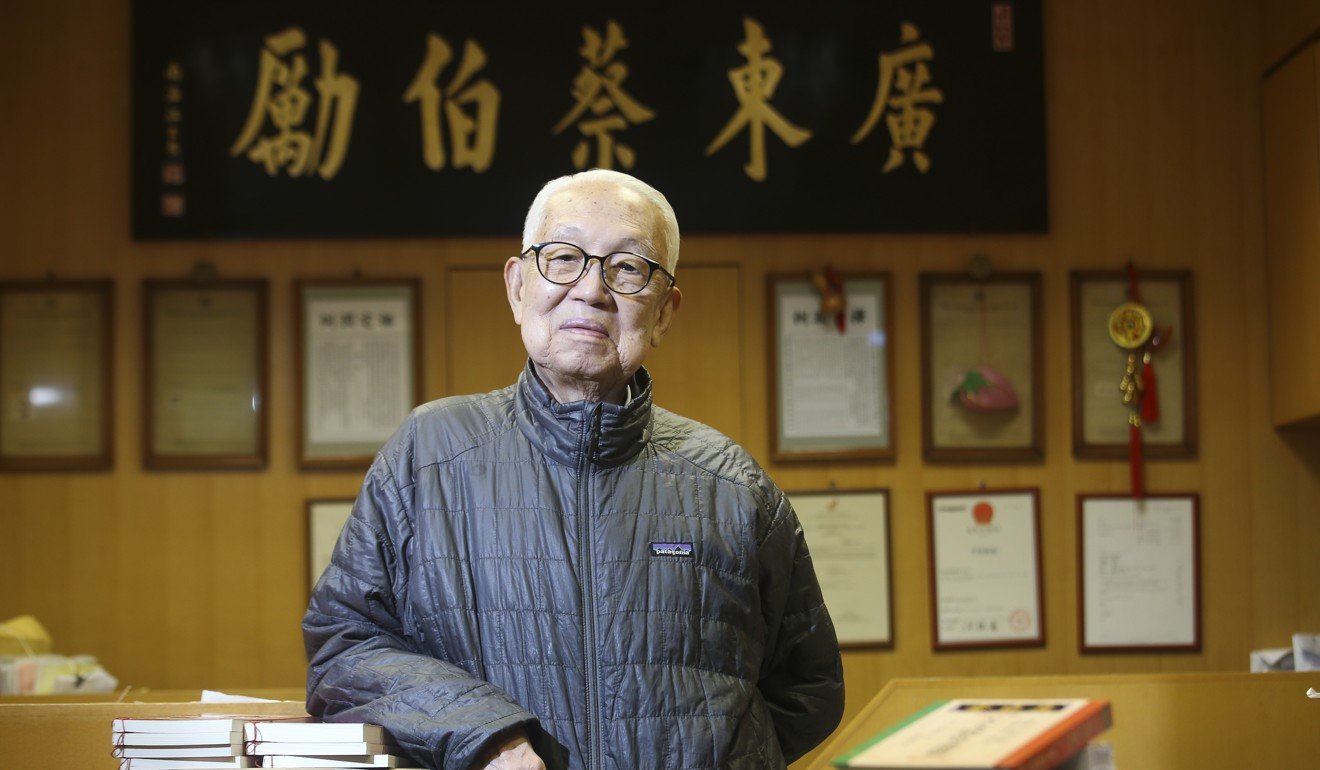
Hong Kong feng shui master Choi Park-lai, who helped promote Chinese culture, dies at 96
City mourns loss of man who Chief Executive Carrie Lam praised for helping to spread Chinese culture through his Choi Gen Po Tong Chinese Almanac
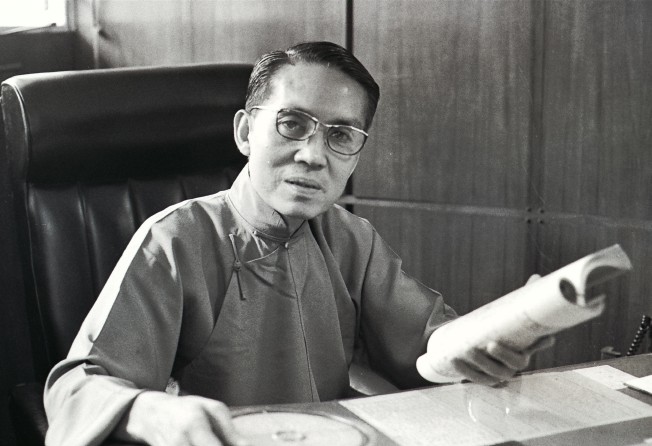
Hong Kong is mourning the loss of its most revered feng shui master, Choi Park-lai, who advised the political and business elite, and influenced the design of some of the city’s biggest landmarks.
Choi died peacefully on Thursday morning at the Hong Kong Sanatorium and Hospital with family surrounding him. He was 96.
His family confirmed that Choi died of an illness but did not wish to comment further.
His daughter, Choi Hing-wah, told reporters that family members were at his bedside during his final hours. “His health was kind of OK, taking into account his age. He occasionally suffered a cold or back pain,” Choi Hing-wah said. “It’s his wish to keep things simple and private. So, the funeral will probably be kept low profile.”
Hong Kong’s leader Carrie Lam Cheng Yuet-ngor said she was deeply saddened by the loss of Choi and offered condolences to his family.

“Mr Choi has been dedicated to promoting Chinese culture throughout his whole life, in particular in promoting the traditional Chinese almanac to the general public,” Lam said.
Choi was the author of the Choi Gen Po Tong Chinese Almanac, known as “Tung Shing” in Cantonese, which is used by many local families and businesses to set dates for important events such as weddings and the signing of contracts. The almanac was first published in the late Qing dynasty by his grandfather Choi Chui-ba followed by his father, Choi Lim-fong.
Both his grandfather and father also specialised in astronomy, mathematics and calendars. Choi Park-lai learned from his father and was a student to the mathematician Zhang Zhaosi.
Choi leaves behind 11 children, including five who are involved with the Gen Po Tong business.
The Choi Gen Po Tong Chinese Almanac was honoured by the Guangdong government as intangible cultural heritage in 2013 – despite the book being banned on the mainland.
In recognition of his contribution to Chinese culture and charity, he was awarded the Gold Bauhinia Star medal by the Hong Kong government in 2015.
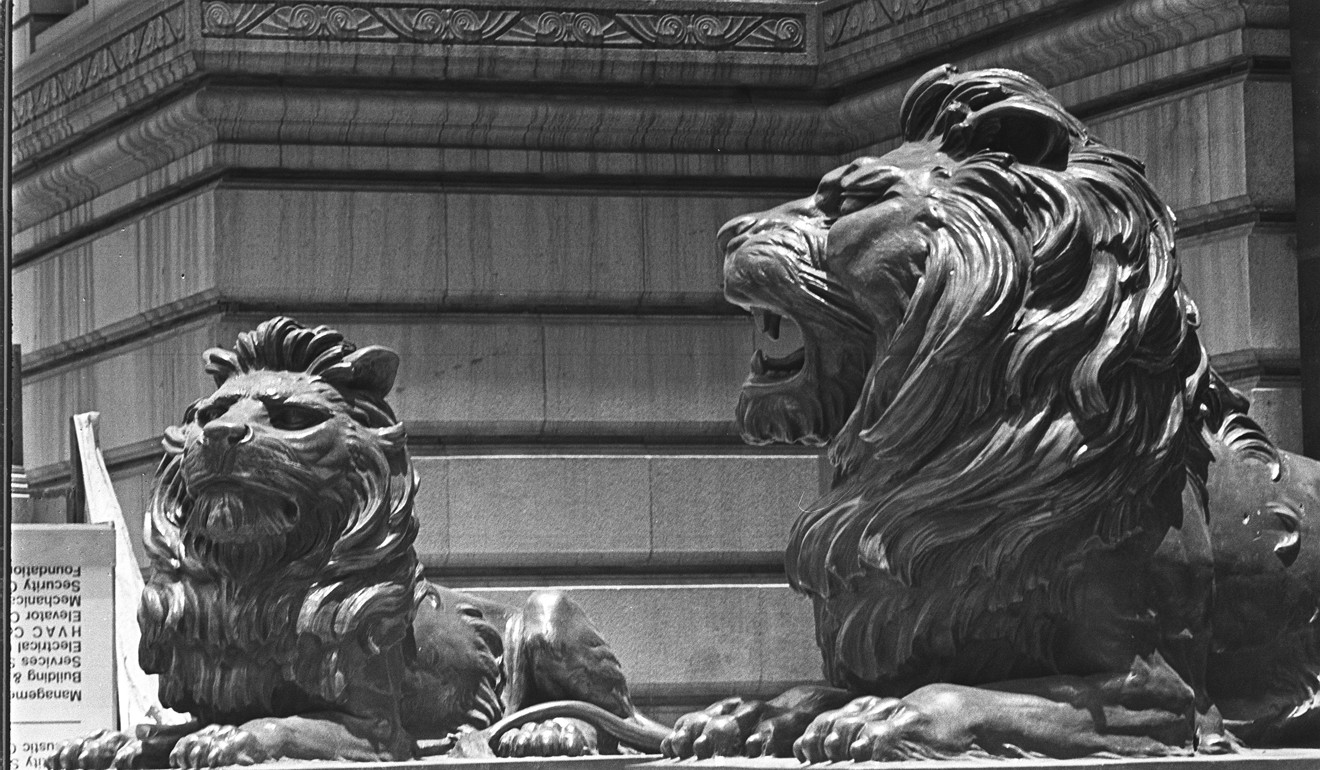
Choi was often highlighted by Hong Kong media for offering feng shui advice to billionaire Li Ka-shing and late businessman Henry Fok Ying-tung. Choi was described as being especially close to long-time friend Li, but Choi had said Li was always free to seek a second opinion elsewhere.
Choi had also advised Hong Kong’s last governor Chris Patten before he moved into his residence in the city, as well as former chief executive Tung Chee-wah.
He also helped choose the opening date for Tsing Ma bridge in Hong Kong, as well as the location of the two iconic bronze lions at the HSBC headquarters in Central.
Choi had stressed the almanac was more than just a way to make predictions – he said it was traditional wisdom based on thousands of years of astronomical observations to provide guidance to all walks of life.
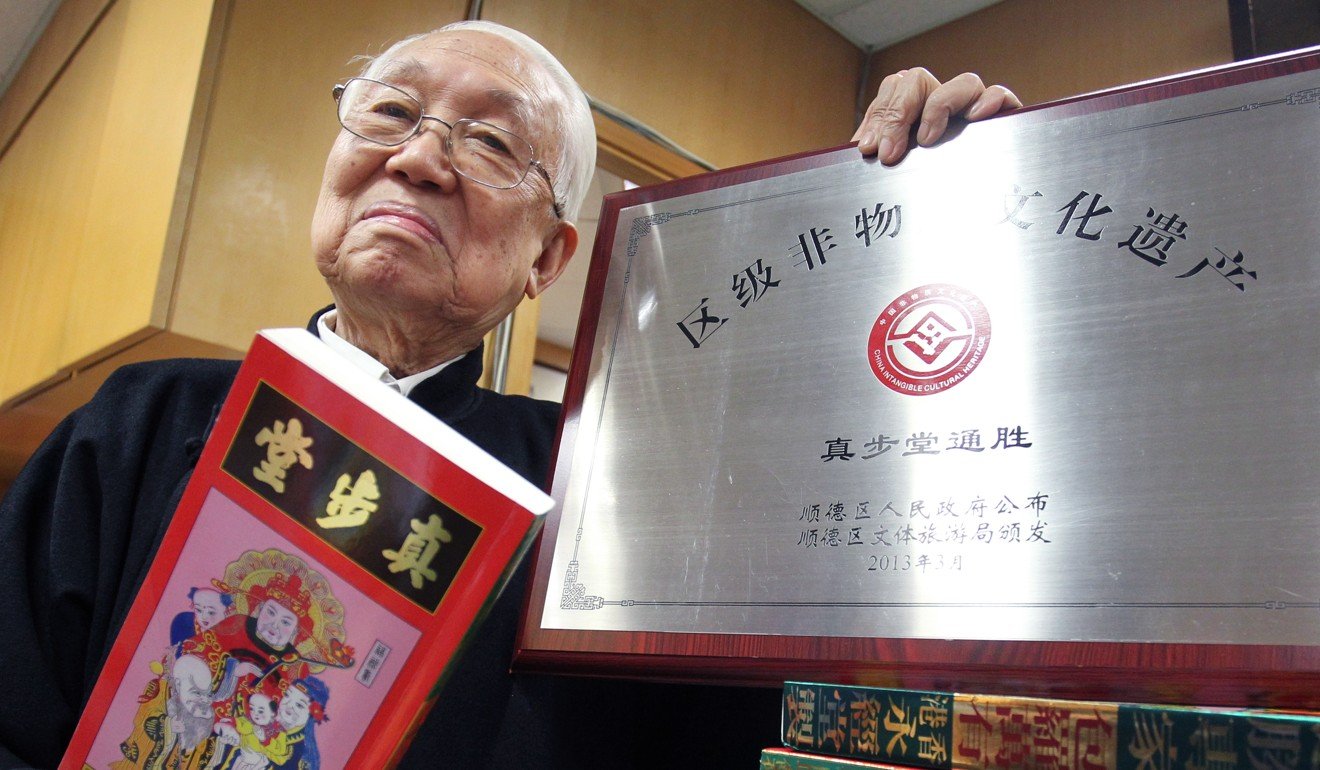
He called for a deeper understanding of Chinese culture by Chinese people.
“Nowadays Westerners have been trying to learn from Chinese culture, but we Chinese barely made an effort to learn about this study,” Choi said at a University of Hong Kong forum in 2015. “Maybe the society has changed compared with the old days, but the ancient people have their own wisdom [laid out in astrological calendars], we could have our own wisdom to revisit this study [of calendars] and put to use in the current context.”
He also conceded he had been the target of sceptics who dismissed his “superstitious” feng shui recommendations early in his career. He decided to simplify and popularise the Chinese almanac so readers could easily tell what was best to do or avoid on a given day.
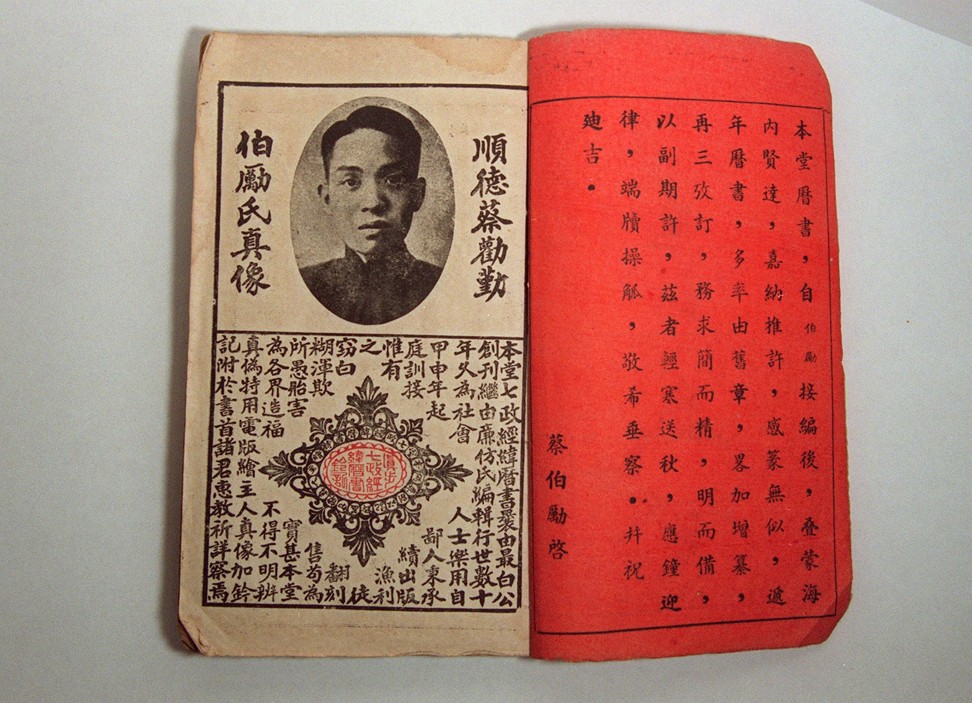
Secretary for Home Affairs Lau Kong-wah also expressed deep sorrow over the passing of Choi.
“We thank him for his contributions to the traditional Chinese almanac. His passing was a great loss to the cultural sector,” Lau said.
Celebrity feng shui master Gladys Mak Ling-ling, who used to meet Choi during the taping of Lunar New Year television shows, described Choi as “a great master of the generation” and “a gentleman”.
“I am a nobody in front of him. But he was very nice to me. He liked to encourage us feng shui masters to get united to contribute to the society,” she said.
Another celebrity feng shui master, James Lee Shing-chak, who knew Choi for about 20 years, said: “It is not an overstatement to say that master Choi had contributed much to Chinese culture. Tung Shing is read and adopted by Chinese all over the world. The book is not simply a fortune-telling book that predicts the future. But he integrated all the ancient and traditional Chinese soothsaying knowledge into one publication. It allows people a simple and easy way to find auspicious dates. There is a lot of science and mathematics in it.”
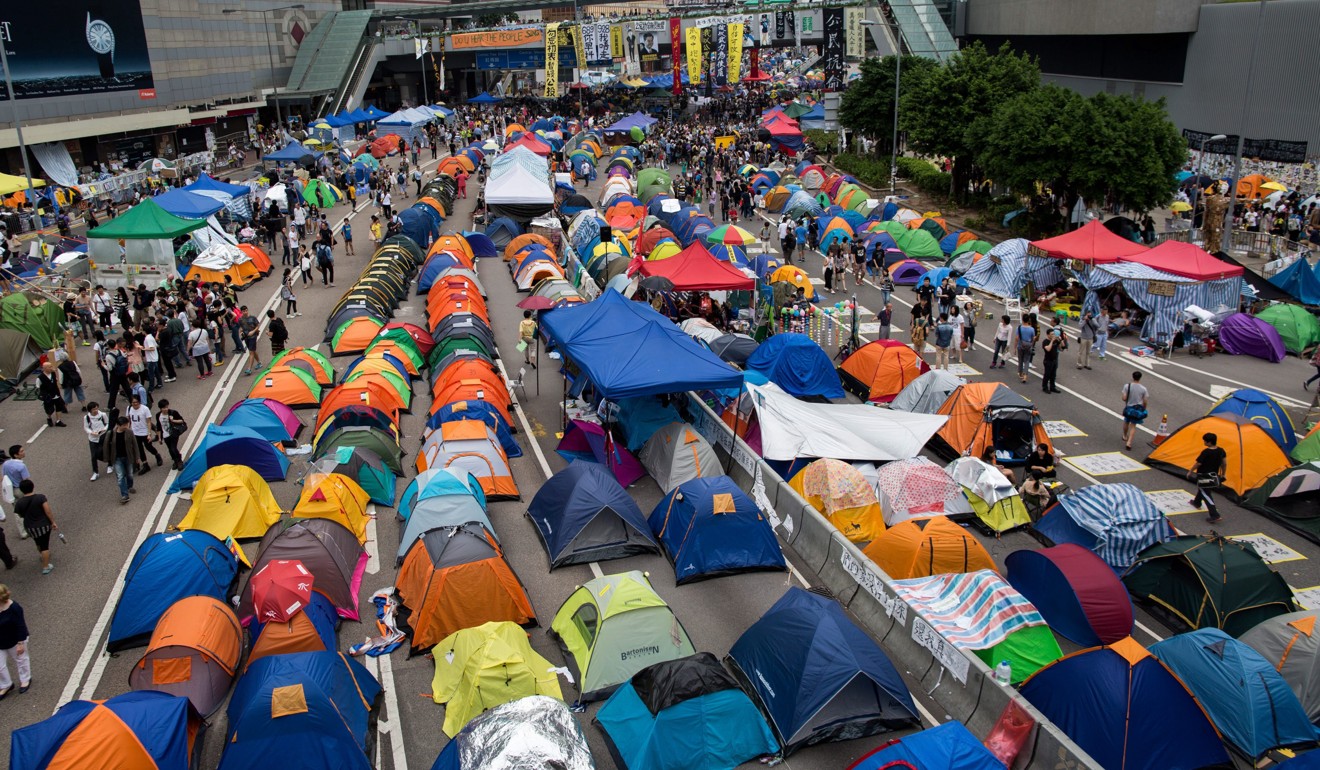
Last year, he predicted Lam would become chief executive despite some “noisy disputes”. He also advised her to take a “softer line” to achieve social harmony in the city.
The astrologer also predicted the Occupy Central protests in 2014, and three years earlier he foretold that Henry Tang Ying-yen – then seen as Beijing’s choice for chief executive – would face “big trouble because there were vile people plotting against him”.
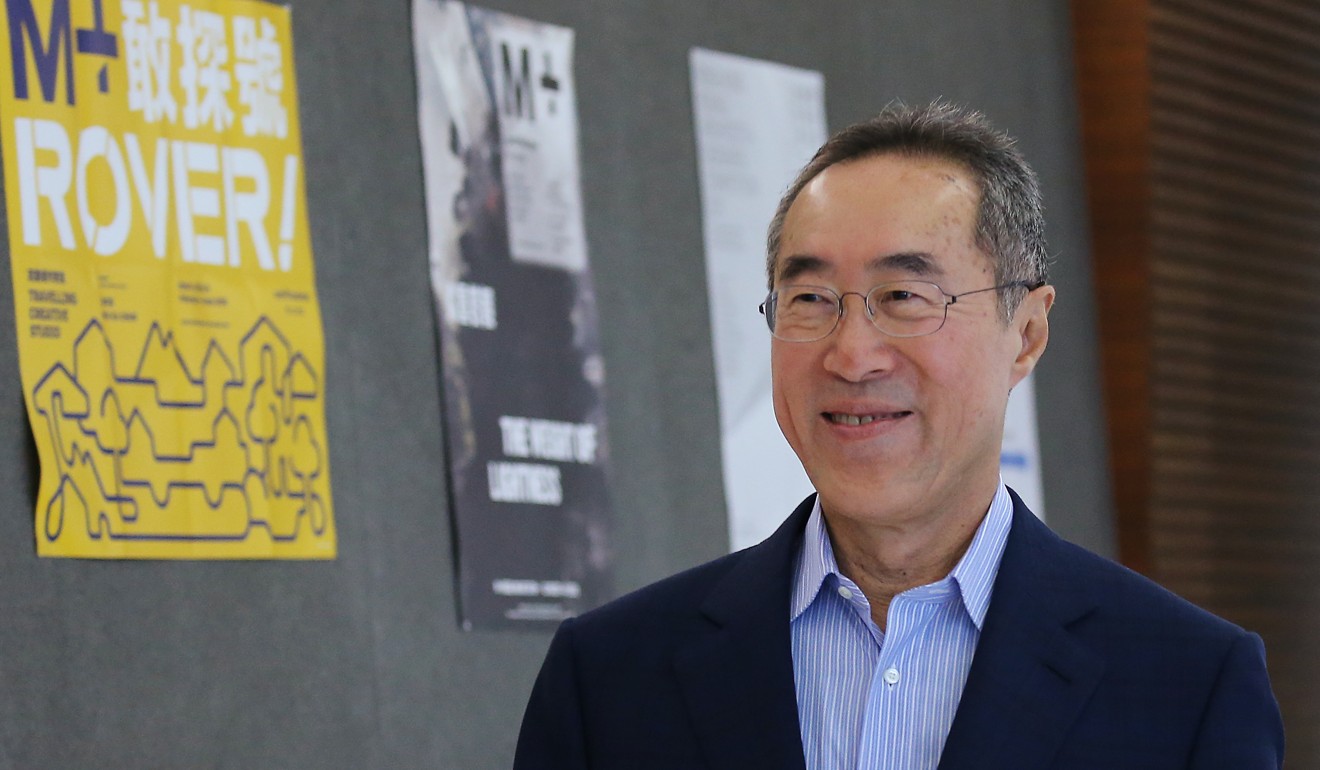
Tang eventually lost to Leung Chun-ying in the 2012 chief executive race after revelations that he had built an illegal basement at his home and had had extramarital affairs.
Choi even had a hand in making sure the city’s handover to China went smoothly. Leonie Ki Man-Fung, non-executive director of New World Development, first came to know Choi in 1997 as the organiser of fireworks show to mark the handover.
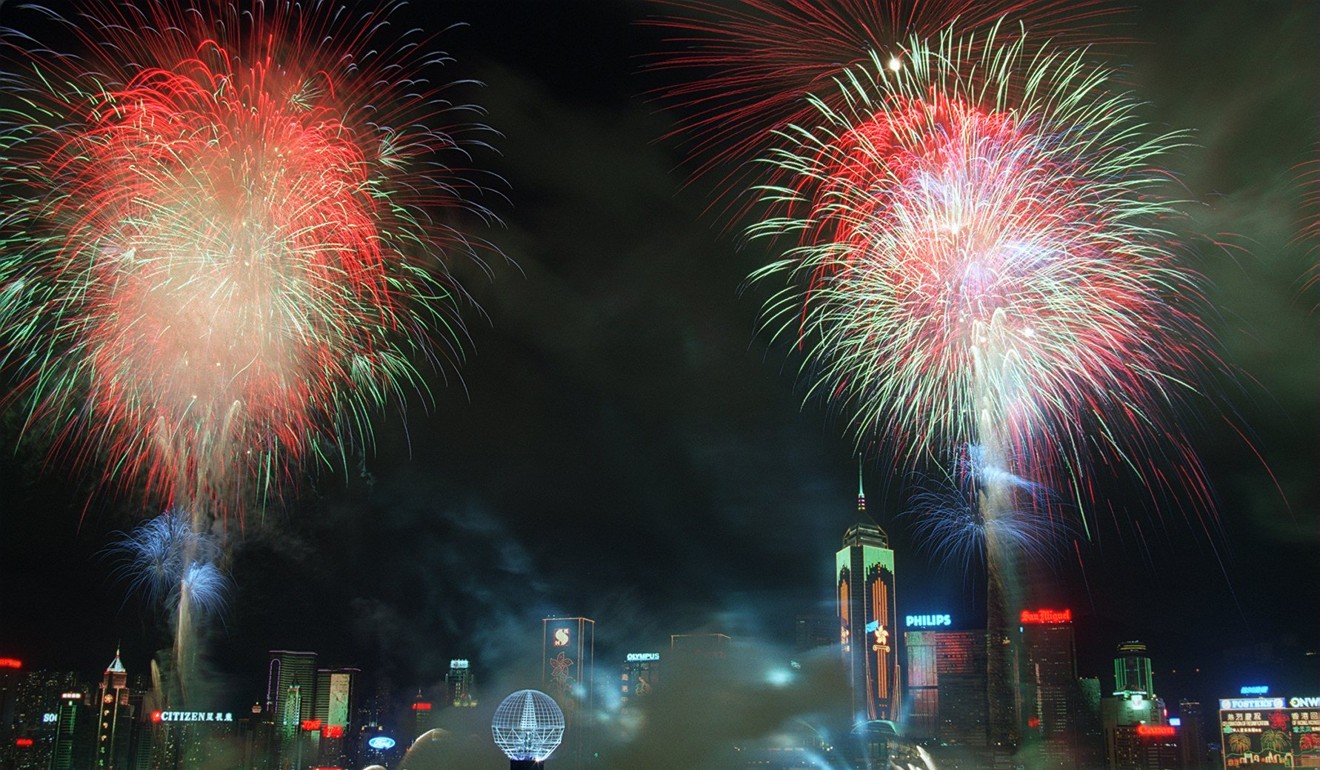
“I don’t normally consult a feng shui opinion, but the occasion was too important. Instead of hosting the event at 8 at night, Mr Choi proposed hosting it from 9pm to 10.15pm,” Ki recalled. “It was a rainy day as one would remember, but when clock struck nine, the rain stopped.”
Ki said Choi was “little bit upset” at the public perception that he was just a fortune-teller and overlooked his vast knowledge in meteorology, astronomy and geography.
“To me, he was a master of Chinese culture,” Ki said.
Former Hong Kong Observatory chief Lam Chiu-ying first met Choi when the feng shui master donated an armillary sphere to the observatory in 2007, and the two became friends afterwards. Although the Chinese almanac and meteorology may seem like different disciplines, the two would often discuss work or “anything under the sun” at their regular meet-ups.
“When the observatory was first built, our first mission was to measure local time and make astronomical observations, so we and Master Choi were working in the same field,” Lam said.
He said a shared interest in Chinese culture created a strong bond between them. He defended Choi’s Chinese almanac from naysayers who misunderstood it as “guess work”, saying Choi did not promote “superstition”.
“He is a professional in astronomical computations, based on Chinese traditional mathematical algorithm,” Lam asserted. “The choosing of an auspicious date and time is a Chinese cultural tradition following established rules and dependent on positions of the sun, moon and planets. There is a belief system but no guesswork.”
Lam recalled how Choi chose the date and time to begin the environmental project Lai Chi Wo village, which he performed pro bono in May even as his health was “rather weak”.
“It is probably his last few pieces of work, symbolising his strong life-long desire to promote traditional Chinese culture.”